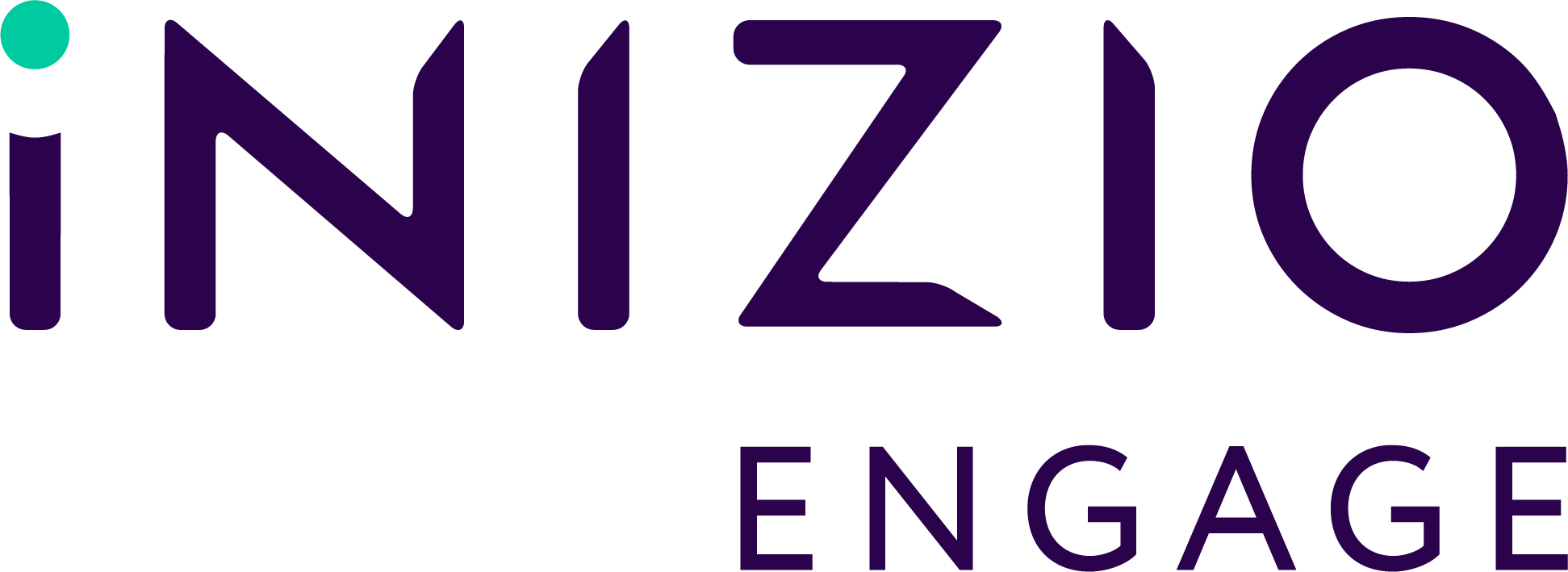Unlocking the World of Medical Science Liaisons: Essential Insights, Trends, and Best Practices for Success
 Jeff Vaughn, PharmD
Jeff Vaughn, PharmD  Tiffanie Stewart, PhD
Tiffanie Stewart, PhD Medical Science Liaisons (MSLs) play a pivotal role in bridging the gap between pharmaceutical companies and healthcare professionals. As the healthcare landscape evolves, so does the strategic focus and multifaceted responsibilities of MSLs. Delve into the dynamic world of this critical function exploring essential insights, emerging trends, and best practices that are shaping the evolving healthcare ecosystem.
The Evolution of Medical Affairs and the Vital MSL Role
Medical Affairs serves as the third strategic pillar of biopharmaceutical companies alongside R&D and Commercial Operations. As a critical function in Medical Affairs, MSLs provide scientific and clinical expertise around a product or therapy directly to key healthcare stakeholders. Through advisory boards, clinical trial support, and one-on-one exchanges, they educate physicians, pharmacists, and nurses to help optimize patient care. MSLs also facilitate vital collaborative research, helping external experts generate real-world evidence as they seek to publish findings.
This distinguishes MSLs from other key functional teams, with their focus on peer-to-peer scientific dialogue rather than Commercial marketing or sales. The MSL role emerged over 50 years ago as pharmaceutical companies recognized the need for deeper scientific and educational support separate from commercial interests. Since then, Medical Affairs and the MSL role have steadily evolved from a supporting function to a strategic leader. MSLs now play an integral part in helping to drive strategy, gathering insights to inform product development, and disseminating data-driven messaging. As the biopharma landscape grows more complex, MSLs on the frontlines will continue serving as a vital link between industry and medical practice.
How MSLs Stay Relevant in the Face of Healthcare Innovation
The increasingly complex healthcare landscape, characterized by stricter access and pricing environments, demographic shifts, and changing patient expectations, demands a more multifaceted and strategic MSL role. Advanced analytics and virtual engagement will enable more personalized outreach and expanded reach. Generating real-world evidence and demonstrating product impact will be increasingly vital. MSLs may also play a greater part in patient education and gathering patient perspectives. As markets globalize, MSLs will need to collaborate across borders, navigating diverse healthcare systems. Continued specialization in therapeutic areas and data literacy will allow deeper expertise.
Upskilling will be critical as regulations, technologies, and science continuously advance. With an emphasis on quantifying impact through stakeholder engagement metrics, MSLs will need to prove their strategic worth. Ultimately, adaptation and evolution will be constant imperatives for MSLs to provide cutting-edge scientific support in a dynamic healthcare landscape.
Fulfilling the Pivotal MSL Role Through Ethics and Evidence-Based Collaboration
For MSLs to maximize their strategic impact, adopting certain best practices is key. Collaborative initiatives like advisory boards, speaker programs, and co-authored publications can enhance medical knowledge and ensure optimal patient care. MSLs can connect stakeholders with information on resources for research funding opportunities or facilitate scientific symposia to drive progress. Tracking metrics around research, education, and relationship-building impact is also essential. MSLs should serve as flexible, responsive experts able to address diverse needs. They must distill and organize complex dialogue, creating feedback loops that provide attainable and actionable insights for internal and external stakeholders, all while ensuring compliance. With a collaborative, patient-centric approach grounded in ethics and evidence, MSLs can fulfill their role as pivotal connectors between industry innovators and frontline medical practice.
The Irreplaceable Role of MSLs in Healthcare
Medical Science Liaisons hold an invaluable position at the intersection of biopharmaceutical innovation and patient care. As scientific experts dedicated to medical education and research, they strengthen the link between new discoveries and improved real-world outcomes. A common challenge for field medical teams is defining MSL impact. However, recent studies suggest that field medical engagement prior to product launch can contribute to increased treatment adoption, likely due to the medical community’s deeper understanding of a new-to-market product through scientific exchanges with MSLs.
In a landscape shaped by trends like the rise of specialty therapies, expanded payer influence, digitization of medical affairs, and increased data complexity, MSLs must continuously adapt through upskilling, adopting new technologies, and demonstrating value. But their core focus on collaborative partnerships and generating evidence will remain constant guiding principle.
Ultimately, MSLs will continue serving as a core strategic Medical Affairs function bridging industry and practice. Their specialized expertise and strategic vision are irreplaceable in bringing the right therapies to the right patients at the right time.
Ready to unlock the potential of MSL collaboration? Learn more here
weitere Einblicke
Jump to a slide with the slide dots.
 Nareda Mills
Nareda Mills
The Power of Nurses to Transform Health: A Tribute from Inizio Engage for National Nurses Week 2025
Inizio Engage honors the extraordinary power of nurses to transform health during National Nurses Week 2025.
Read more Shaan Bassi
Shaan Bassi
Beyond the Algorithm: Why human expertise still matters in AI-driven qualitative research
While AI brings significant advantages, human expertise remains essential to ensure accurate and nuanced insights.
Read more Remi Alexis Menes
Remi Alexis Menes
Navigating the Evolving Commercial Landscape in Canadian Healthcare.
Discover how Inizio Engage Canada is leading the shift in commercial healthcare models through strategic, data-driven engagement solutions.
Read more